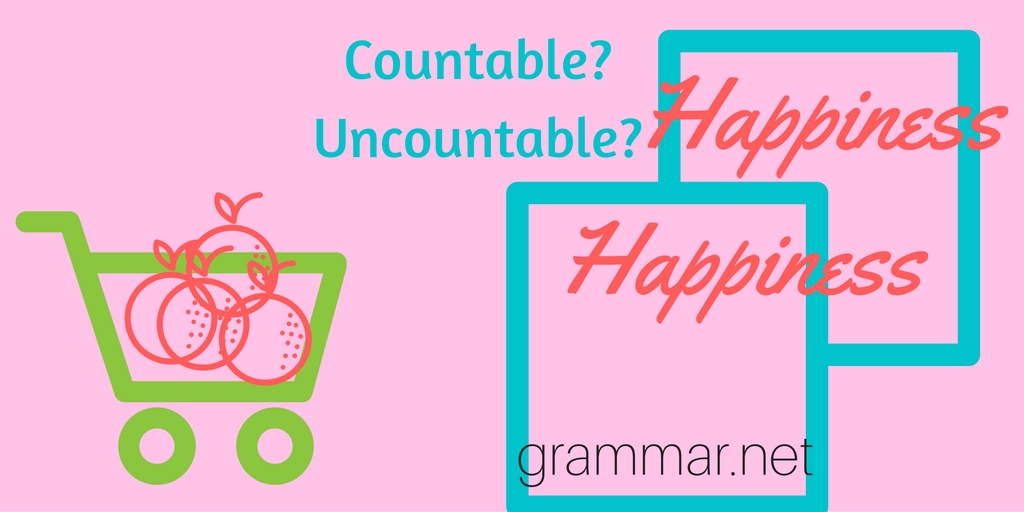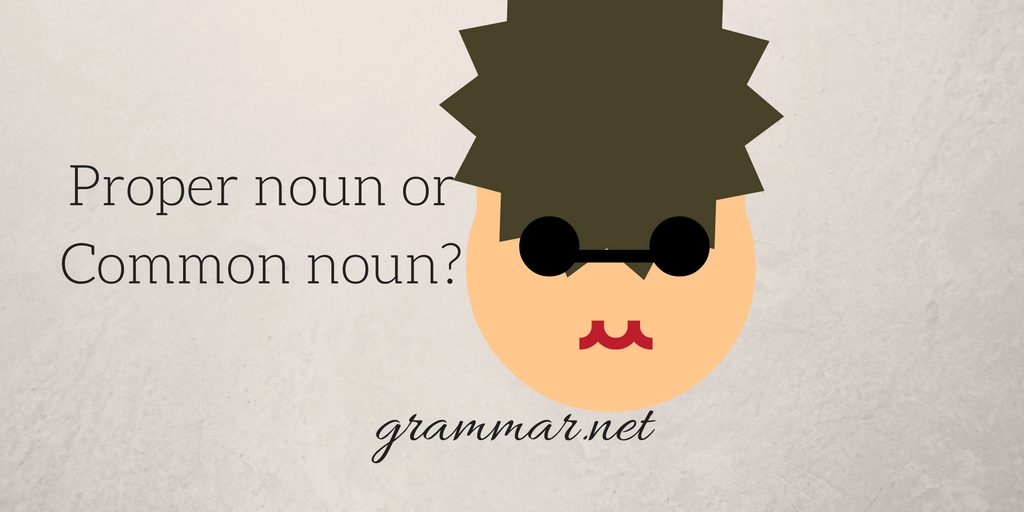We have already spoken about the noun.
Today we’ll discuss count of the nouns: the countable, and uncountable, and all their measurement.
Additionally, we’ll review the proper and common ones.
As mentioned in my previous post, the difference between countable and uncountable is easy: either you can count the exact quantity or not (one table, but some sugar).
1) When we are lazy enough to calculate the number of the cows in the herd, we say “many cows.”
E.g., John has many cows is his herd.
2) When we just can’t enumerate the number, we say “much.”
E.g. “There’s much salt in my soup, I like it!”
- We use “many” for a vast quantity, with the countable nouns, and “few” for a small number.
- “Much” can be utilized for uncountable nouns.
- Each of the quantifiers has its comparative and superlative form.
- Quantifiers change depending on the need. For comparison is the “comparative” form. The “superlative” form shows the greatest or least and follows “the.”
- “Many/more/the most” for a big portion. “Few/fewer/the fewest” for a little measure.
- “Some” and “any” are used for both countable and uncountable nouns.
- “Some” means an indefinite positive amount, while “any” – an unspecified negative volume.
I want you to notice that the uncountable nouns can be abstract, and one can’t enumerate the quantity of his enjoyment or darkness of the night.
Proper and common nouns
A Proper noun refers to an entity that is unique, and they differ in one way: capitalization.
Either it’s just one of the countries somewhere in the world or the United States.
- Moscow
- Ouagadougou
- China
- London
- Peter
- The Beatles
- Boris as a Japanese avant-garde metal band
- Boris as a masculine name as Boris Johnson
- Kenya
- Popocatépetl
Any person, place, thing or idea that we do not capitalize is called a “common noun:”
- flowers
- children
- capital
- argument
- reply
- aunt
- oats
- uncle
Pay attention to the pronouns “we,” “you,” “they,” “he,” “she” and “it”: you can’t group them into this category; the pronouns are not nouns at all.









